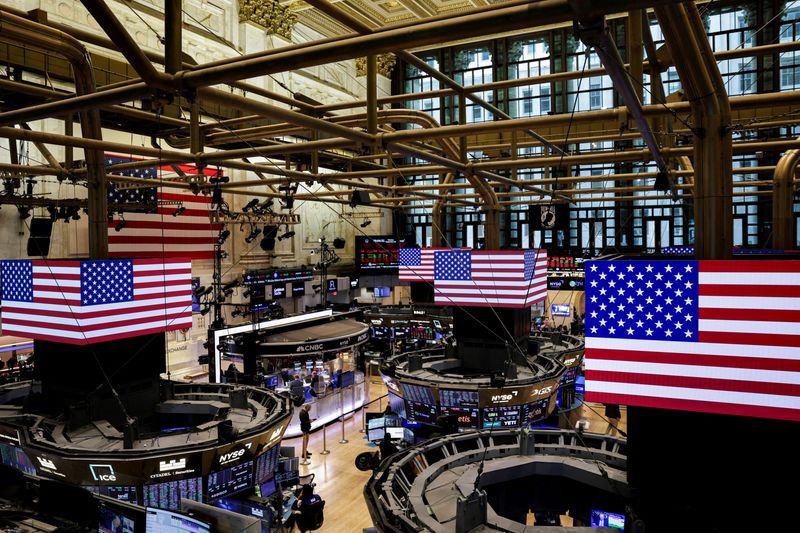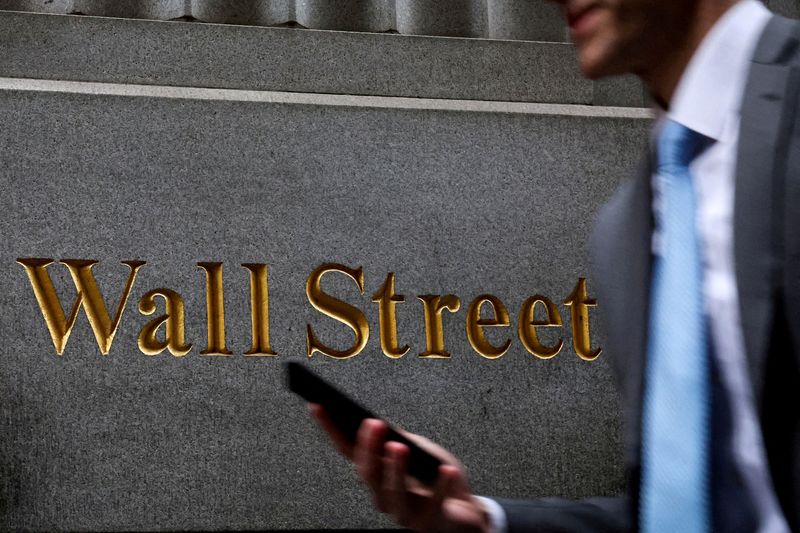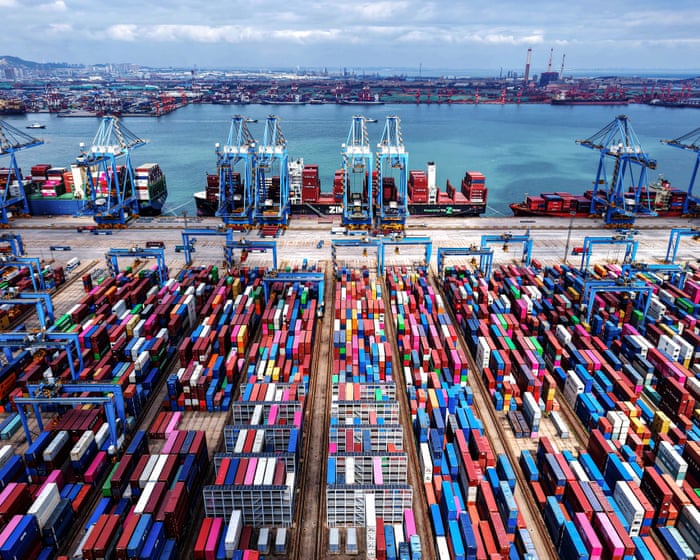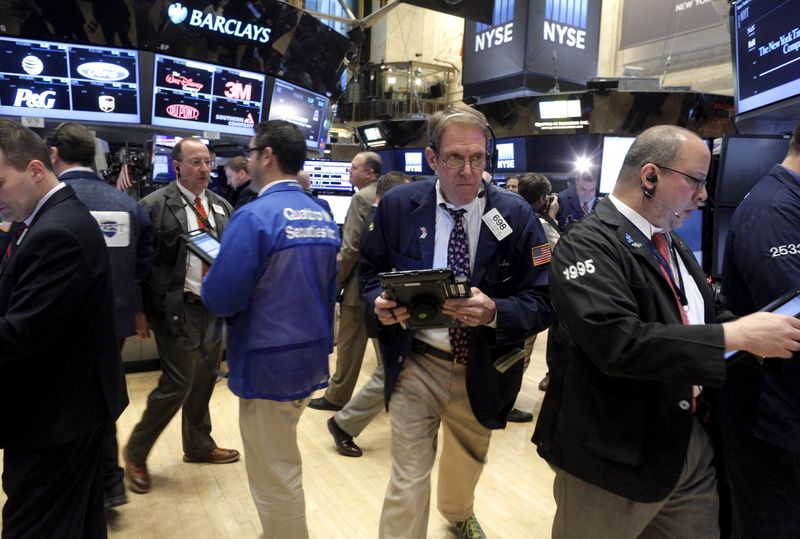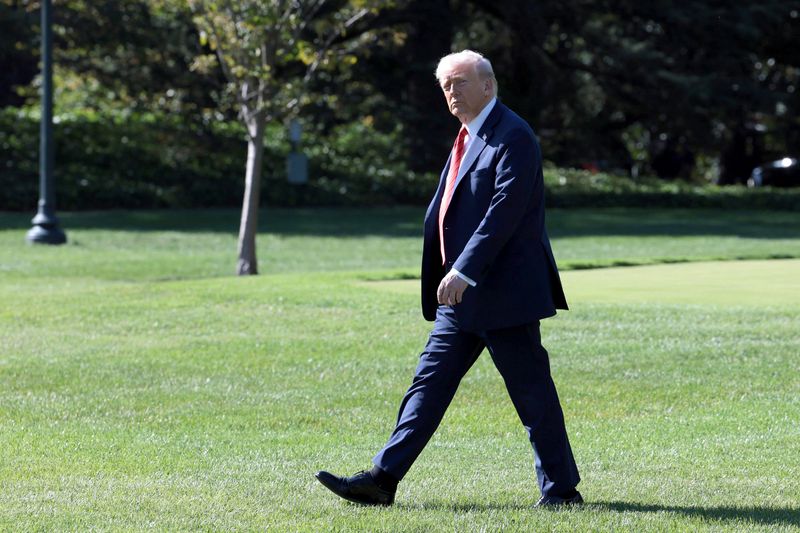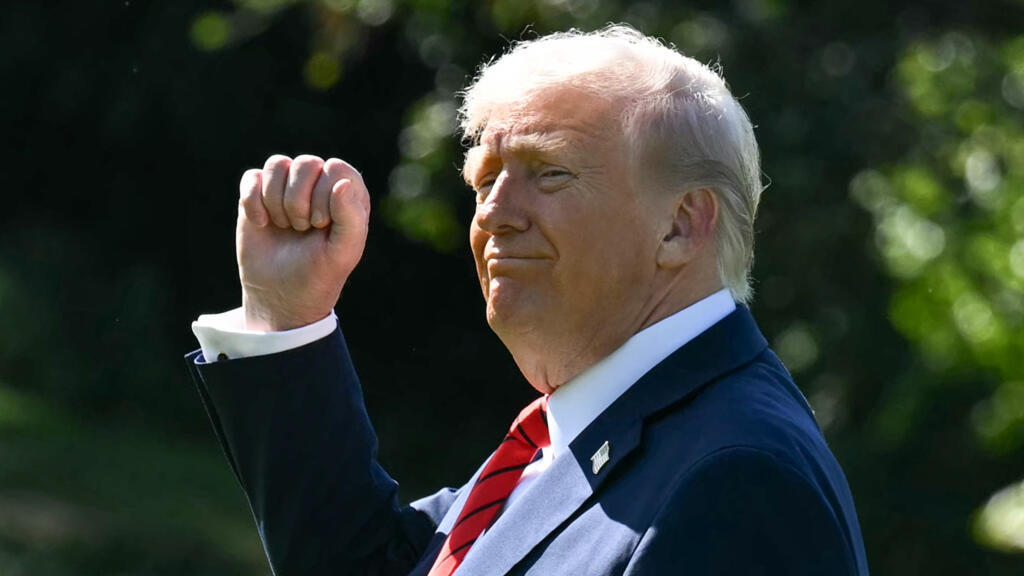First Brands boss weighs resigning under pressure from lenders
NegativeFinancial Markets

The CEO of First Brands is contemplating resignation due to mounting pressure from lenders, following the company's swift decline. This situation has sparked worries about potential widespread financial losses on Wall Street, highlighting the interconnectedness of corporate health and market stability. Investors are closely watching how this unfolds, as it could signal broader economic implications.
— Curated by the World Pulse Now AI Editorial System

